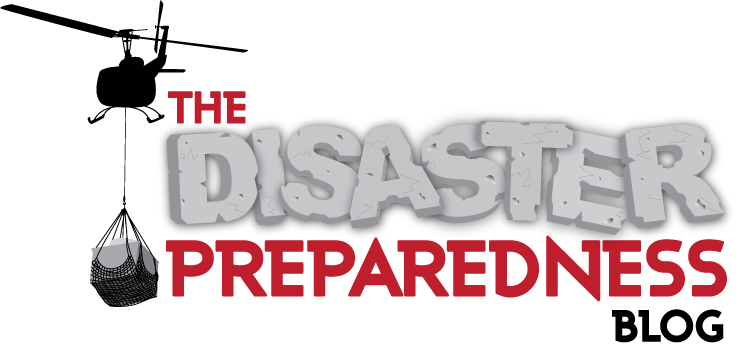Privacy Concerns Raised With Google Flu Tracking
 Monday, November 17, 2008 at 12:16PM
Monday, November 17, 2008 at 12:16PM Last Week we did a post (Google Announces Flu Tracking Capabilities, May Predict Outbreaks Before CDC) on tracking flu trends after Google publicly announced their capabilities of tracking the flu, and possibly warning of outbreaks weeks ahead of what was once possible using other current modeling methods.
A few days later privacy concerns were raised in the news, though these concerns are not really warranted since personal data is not relayed to anyone.
Basically Google uses specific search terms in geographical locations and uses the search terms to populate a map based on how many other searches for related terms are occurring in that area. Though there is slightly more complicated than this, this is how it works in a nutshell.
Google, in now way makes the data of those performing the actual search available and this technology is much needed, especially with the possibility of an outbreak of avian flu occurring.
The CDC is on board and assisting with the use of this tracking technology and if it has the potential to possibly stop an outbreak from spreading unchecked then I am all for it.
Here is the privacy statement from Google on this technology:
Protecting User Privacy
At Google, we are keenly aware of the trust our users place in us, and of our responsibility to protect their privacy. Google Flu Trends can never be used to identify individual users because we rely on anonymized, aggregated counts of how often certain search queries occur each week. We rely on millions of search queries issued to Google over time, and the patterns we observe in the data are only meaningful across large populations of Google search users. You can learn more about how this data is used and how Google protects users' privacy at our Privacy Center.
 Flu trends,
Flu trends,  Google,
Google,  News,
News,  avian flu,
avian flu,  flu tracking,
flu tracking,  privacy,
privacy,  privacy concerns
privacy concerns 








